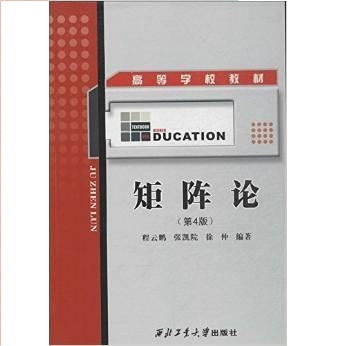Unitary $T$-designs play an important role in quantum information, with diverse applications in quantum algorithms, benchmarking, tomography, and communication. Until now, the most efficient construction of unitary $T$-designs for $n$-qudit systems has been via random local quantum circuits, which have been shown to converge to approximate $T$-designs in the diamond norm using $O(T^{5+o(1)} n^2)$ quantum gates. In this work, we provide a new construction of $T$-designs via random matrix theory using $\tilde{O}(T^2 n^2)$ quantum gates. Our construction leverages two key ideas. First, in the spirit of central limit theorems, we approximate the Gaussian Unitary Ensemble (GUE) by an i.i.d. sum of random Hermitian matrices. Second, we show that the product of just two exponentiated GUE matrices is already approximately Haar random. Thus, multiplying two exponentiated sums over rather simple random matrices yields a unitary $T$-design, via Hamiltonian simulation. A central feature of our proof is a new connection between the polynomial method in quantum query complexity and the large-dimension ($N$) expansion in random matrix theory. In particular, we show that the polynomial method provides exponentially improved bounds on the high moments of certain random matrix ensembles, without requiring intricate Weingarten calculations. In doing so, we define and solve a new type of moment problem on the unit circle, asking whether a finite number of equally weighted points, corresponding to eigenvalues of unitary matrices, can reproduce a given set of moments.
翻译:暂无翻译



